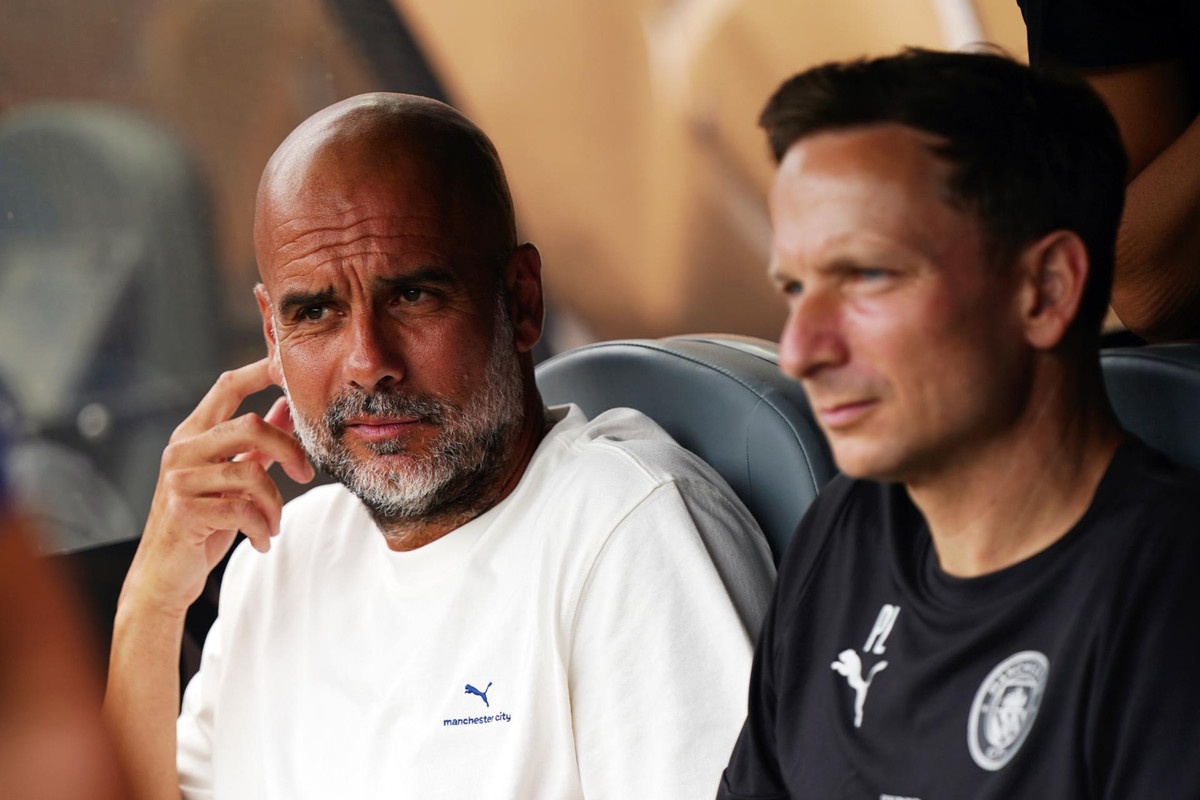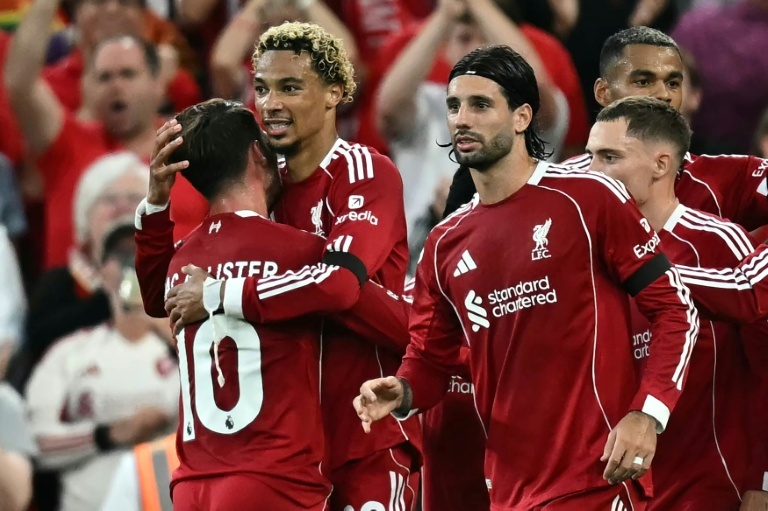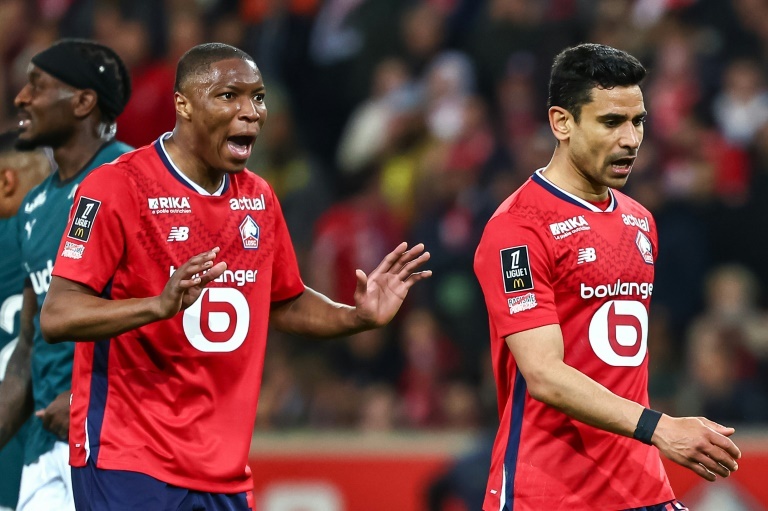The Shifting Landscape of Soccer Popularity in Poland

Soccer, traditionally a beloved sport in Poland, has witnessed a gradual decline in popularity in recent years.
1 year ago
Once a big pride, soccer becomes less and less attractive to Polish audience. Various factors contribute to this shift, reflecting changes in societal interests, cultural dynamics, and the evolving sports scene. We’ve asked Anna Rosak, a gaming specialist from Poland, to share her insights on the changing landscape of soccer in the "Country upon Vistula".
The changing preferences of the younger generation play a crucial role in the decline of soccer's popularity. Emerging sports and recreational activities attract a more diverse audience, diverting attention away from traditional soccer fandom. Increased exposure to global sports through digital platforms has broadened the array of choices, leading to a fragmentation of interests. “It’s no surprise that people would rather watch the competitions in which athletes do have significant victories and soccer has not been a big proud winner in the recent years”, Anna explains. Nowadays young people lean more towards e-sports, while the older generation simply prefers watching sports like volleyball or ski jumping where Poles have big chances of winning trophies.
A significant factor contributing to the dwindling popularity of soccer in Poland is the underwhelming performance of the national team in recent years. The Polish national team, once a source of immense pride and excitement, has struggled to achieve notable success on the international stage. Recently Poles do not believe that the Polish national team can succeed on the international arena and unfortunately this has been proved by the team’s performance. The absence of significant victories or impactful tournament runs has diminished the collective enthusiasm for the sport. Fans often rally behind their national team during major competitions, and the lack of noteworthy achievements has left a void in the hearts of supporters. The team's struggles seem to mirror the broader challenges faced by Polish soccer, further influencing the decreased interest in the sport at both the national and grassroots levels. Revitalizing soccer's appeal may require a concerted effort to bolster the national team's competitiveness and reignite the passion of fans across the country.
Interestingly, while soccer's popularity faces challenges, there is a persistent interest among Poles in betting on soccer matches. Online casinos and betting sites are hugely popular in Poland. The allure of predicting outcomes, engaging in sports analytics, and the potential for monetary gains keeps soccer relevant in the realm of sports betting. “Even with a limited budget, Poles visit sites offering minimalny depozyt kasyno (name refers to casinos accepting small deposits) and betting spots and they try their luck at predicting the outcome of the match”, Anna shares. Despite the decline in active fandom, soccer continues to hold sway as a betting avenue, illustrating a nuanced relationship between the sport and its enthusiasts. “Even if it’s not their own team that Poles bet on…”, our guest adds.
The socioeconomic factor is also one of the key contributors to the decline in soccer's popularity. Economic challenges faced by many Poles, coupled with the rising costs associated with attending live matches, have significantly limited accessibility for a great portion of the population. As a result, the sport may be losing its appeal among those who find it increasingly challenging to actively participate in soccer-related activities. “High inflation rate had a damaging effect on fans’ attendance on matches and live events - the sad truth is that many Poles simply can’t afford going to the matches”, says Anna.
Issues surrounding the quality of soccer and the country's soccer infrastructure are critical factors contributing to the waning enthusiasm. The lack of consistent success on the international stage, coupled with the perception of subpar domestic leagues, diminishes the overall excitement associated with the sport. The need for revitalizing soccer infrastructure and investing in talent development becomes evident in this context.
Cultural shifts within Polish society are shaping a new narrative around sports preferences. The emergence of alternative forms of entertainment like e-sport has challenged soccer's longstanding dominance. For many people it’s no longer soccer that is considered a national sport. While socioeconomic factors, changing preferences, and cultural shifts contribute to the decline in active engagement with the sport, the enduring appeal of soccer in the realm of betting suggests a nuanced relationship. Addressing the challenges facing soccer requires a comprehensive approach, including infrastructural improvements, cultivating new talent, and adapting to the changing cultural landscape. “Polish soccer can’t live on the legend of Robert Lewandowski alone, we need more talents and definitely - more victories”, Anna concludes.
The changing preferences of the younger generation play a crucial role in the decline of soccer's popularity. Emerging sports and recreational activities attract a more diverse audience, diverting attention away from traditional soccer fandom. Increased exposure to global sports through digital platforms has broadened the array of choices, leading to a fragmentation of interests. “It’s no surprise that people would rather watch the competitions in which athletes do have significant victories and soccer has not been a big proud winner in the recent years”, Anna explains. Nowadays young people lean more towards e-sports, while the older generation simply prefers watching sports like volleyball or ski jumping where Poles have big chances of winning trophies.
A significant factor contributing to the dwindling popularity of soccer in Poland is the underwhelming performance of the national team in recent years. The Polish national team, once a source of immense pride and excitement, has struggled to achieve notable success on the international stage. Recently Poles do not believe that the Polish national team can succeed on the international arena and unfortunately this has been proved by the team’s performance. The absence of significant victories or impactful tournament runs has diminished the collective enthusiasm for the sport. Fans often rally behind their national team during major competitions, and the lack of noteworthy achievements has left a void in the hearts of supporters. The team's struggles seem to mirror the broader challenges faced by Polish soccer, further influencing the decreased interest in the sport at both the national and grassroots levels. Revitalizing soccer's appeal may require a concerted effort to bolster the national team's competitiveness and reignite the passion of fans across the country.
Interestingly, while soccer's popularity faces challenges, there is a persistent interest among Poles in betting on soccer matches. Online casinos and betting sites are hugely popular in Poland. The allure of predicting outcomes, engaging in sports analytics, and the potential for monetary gains keeps soccer relevant in the realm of sports betting. “Even with a limited budget, Poles visit sites offering minimalny depozyt kasyno (name refers to casinos accepting small deposits) and betting spots and they try their luck at predicting the outcome of the match”, Anna shares. Despite the decline in active fandom, soccer continues to hold sway as a betting avenue, illustrating a nuanced relationship between the sport and its enthusiasts. “Even if it’s not their own team that Poles bet on…”, our guest adds.
The socioeconomic factor is also one of the key contributors to the decline in soccer's popularity. Economic challenges faced by many Poles, coupled with the rising costs associated with attending live matches, have significantly limited accessibility for a great portion of the population. As a result, the sport may be losing its appeal among those who find it increasingly challenging to actively participate in soccer-related activities. “High inflation rate had a damaging effect on fans’ attendance on matches and live events - the sad truth is that many Poles simply can’t afford going to the matches”, says Anna.
Issues surrounding the quality of soccer and the country's soccer infrastructure are critical factors contributing to the waning enthusiasm. The lack of consistent success on the international stage, coupled with the perception of subpar domestic leagues, diminishes the overall excitement associated with the sport. The need for revitalizing soccer infrastructure and investing in talent development becomes evident in this context.
Cultural shifts within Polish society are shaping a new narrative around sports preferences. The emergence of alternative forms of entertainment like e-sport has challenged soccer's longstanding dominance. For many people it’s no longer soccer that is considered a national sport. While socioeconomic factors, changing preferences, and cultural shifts contribute to the decline in active engagement with the sport, the enduring appeal of soccer in the realm of betting suggests a nuanced relationship. Addressing the challenges facing soccer requires a comprehensive approach, including infrastructural improvements, cultivating new talent, and adapting to the changing cultural landscape. “Polish soccer can’t live on the legend of Robert Lewandowski alone, we need more talents and definitely - more victories”, Anna concludes.







Comments